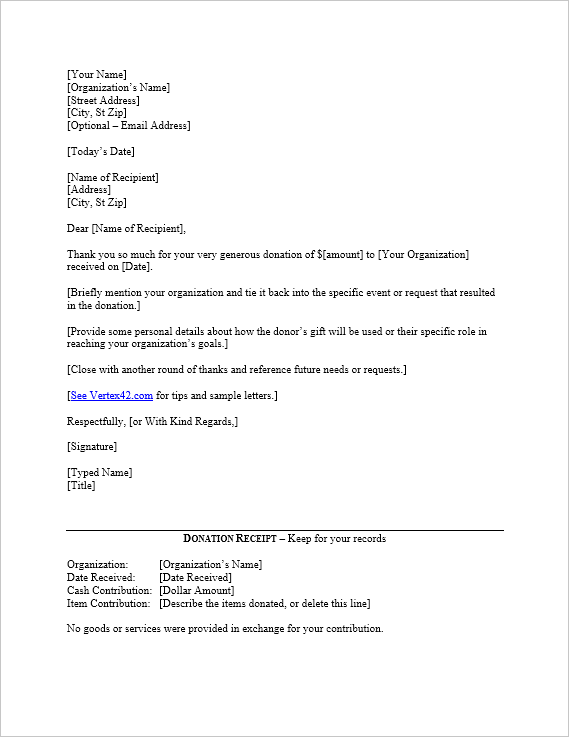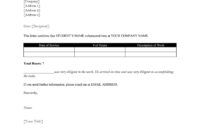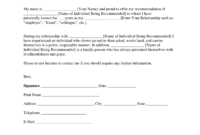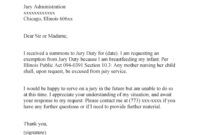Receiving a donation is a wonderful moment for any nonprofit organization. It represents trust, support, and a shared vision for making a positive impact. However, the act of giving extends beyond the transaction itself; it initiates a relationship that thrives on gratitude and recognition. A well-crafted thank you isn’t just good manners; it’s a vital part of donor stewardship that reinforces their generosity and encourages future engagement.
This is where a solid charitable donation acknowledgement letter template becomes an invaluable tool. It helps organizations streamline the process of thanking donors, ensuring that every contribution, big or small, receives the prompt and proper recognition it deserves. Beyond simply saying thank you, these letters often serve a crucial administrative role, providing donors with the necessary documentation for tax purposes, solidifying their connection to your cause.
Why Acknowledge Charitable Donations?
Acknowledging charitable donations goes far beyond a simple courtesy; it’s a cornerstone of effective nonprofit management and donor relations. At its heart, it’s about building and nurturing relationships. When a donor contributes to your organization, they are investing in your mission, and a timely, heartfelt thank you validates their decision and makes them feel appreciated. This appreciation is what transforms a one-time giver into a loyal supporter. It shows that you value their trust and their commitment to the causes you both care about deeply.
From a practical standpoint, proper acknowledgement is also often a legal and tax requirement. Donors who wish to claim their contributions as tax deductions need official documentation from the recipient organization. This documentation typically includes the organization’s name, the donor’s name, the date of the contribution, and the amount of the cash donation or a description of non-cash property. Without this, donors may not be able to fully benefit from their generosity come tax season, which can lead to frustration and a potential deterrent for future giving.
Furthermore, these letters offer a unique opportunity to communicate the impact of the donor’s contribution. Instead of just thanking them for money, you can connect their gift to tangible outcomes. Did their donation help feed a family, educate a child, or protect a natural habitat? Articulating this impact helps donors see the direct results of their kindness, reinforcing the value of their support and strengthening their emotional connection to your mission. It moves beyond a generic thank you to a meaningful update on shared progress.

Ultimately, a strong acknowledgement process cultivates a culture of gratitude within your organization. It reminds staff and volunteers of the importance of every donor and encourages a mindset of appreciation that permeates all interactions. This commitment to saying thank you builds a solid foundation for long-term donor loyalty, sustained funding, and a thriving community of supporters dedicated to your cause.
Key Elements of an Effective Acknowledgement Letter
- Donor’s full name and address.
- Your organization’s legal name and address.
- Date the donation was received.
- The exact amount of the cash donation or a detailed description of non-cash property (e.g., “one antique desk” instead of “furniture”).
- A statement indicating whether any goods or services were provided in exchange for the donation. If none, clearly state “no goods or services were provided in exchange for this contribution.” If goods or services were provided, describe them and provide their estimated fair market value.
- A statement that your organization is a tax-exempt 501(c)(3) public charity (if applicable).
- A warm and sincere thank you message.
- Your contact information for any questions.
Crafting Your Perfect Charitable Donation Acknowledgement Letter Template
Developing a robust charitable donation acknowledgement letter template is about striking a delicate balance between efficiency and personalization. While a template provides a consistent framework and ensures all necessary information is included, the goal is for each donor to feel genuinely appreciated, not like they received a form letter. The best templates allow for easy customization, enabling you to insert specific details about the donor, their gift, and the impact it will have, making the message resonate much more deeply than a generic note ever could.
The language used in your template should be warm, appreciative, and clear. Avoid jargon or overly formal language that might distance the donor. Instead, opt for a conversational and heartfelt tone that conveys the real difference their support makes. This isn’t just about fulfilling a requirement; it’s about celebrating a partnership. Think about how you would thank a friend for a generous gift; that same warmth and sincerity should shine through in your written communication.
Consider including a sentence or two that connects the donor’s specific gift to a tangible outcome or program. For example, instead of just saying “Thank you for your donation,” you could say “Your generous gift of [amount] will help us provide [specific service] to [number] individuals this month.” This makes the impact concrete and shows the donor exactly where their kindness is going, strengthening their connection to your mission and demonstrating good stewardship of their funds.
Timeliness is another critical factor. Ideally, acknowledgement letters should be sent within a week of receiving the donation, or at most, within two weeks. Promptness reinforces your organization’s professionalism and shows immediate appreciation, further enhancing the donor’s positive experience. Automating parts of this process with a well-designed charitable donation acknowledgement letter template can significantly help in meeting these deadlines consistently, regardless of your organization’s size or the volume of donations.
Finally, remember that your acknowledgement letter is more than just a thank you; it’s a part of your overall communication strategy. It’s an opportunity to reinforce your brand, subtly remind donors of your mission, and lay the groundwork for future engagement. Even when using a template, always take a moment to review each letter before sending it, ensuring accuracy, warmth, and a personal touch that truly celebrates the donor’s invaluable support. This attention to detail will transform a simple letter into a powerful tool for building lasting relationships.
Embracing the practice of sending thoughtful and timely donation acknowledgements is one of the most effective strategies for fostering donor loyalty. It shows respect for their generosity and commitment to transparency, laying a strong foundation for a lasting relationship. By making this a priority, organizations can ensure that every donor feels valued and inspired to continue their vital support.



